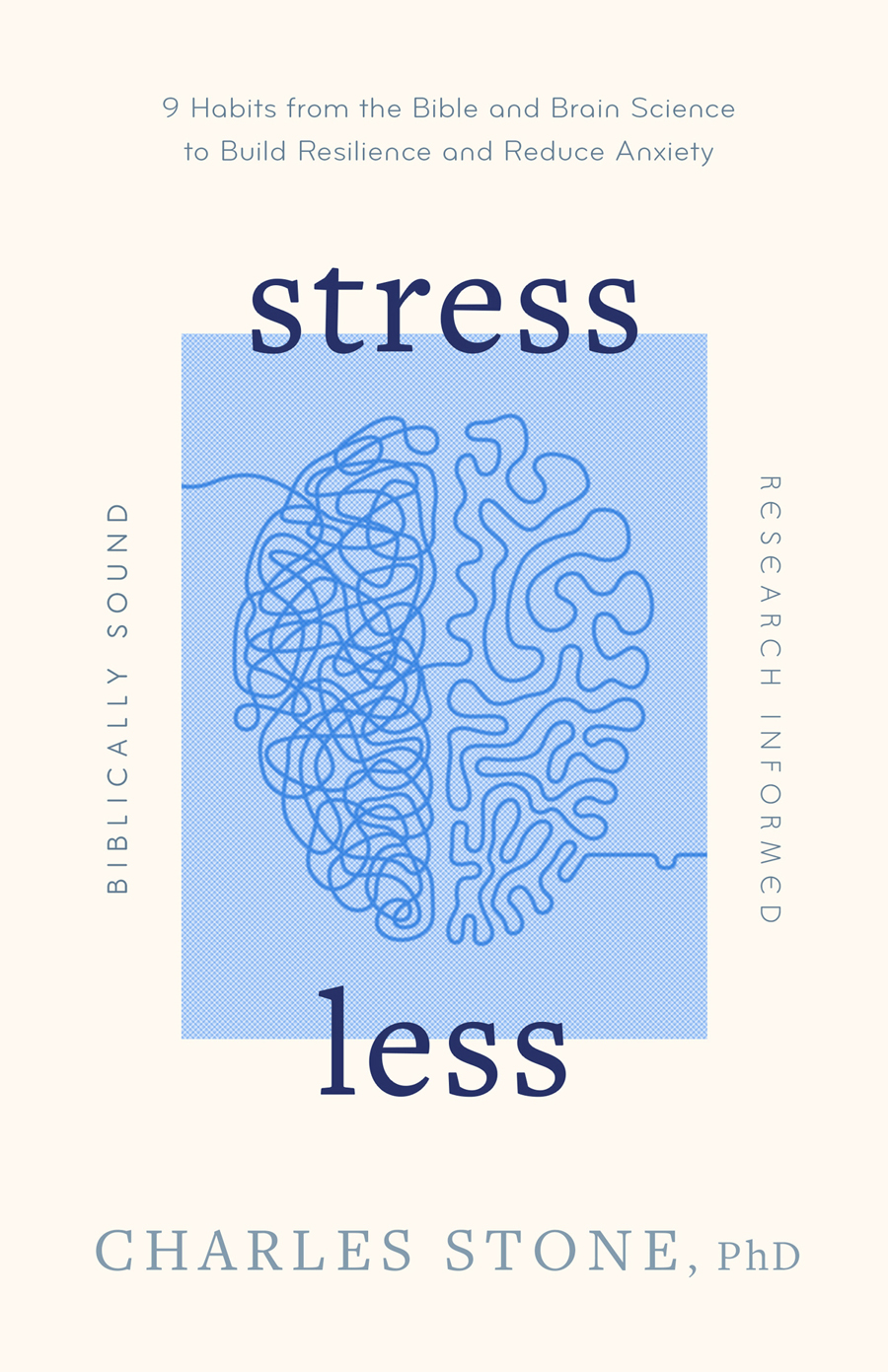Google is ubiquitous. As the largest search engine, it has become a common term in our vernacular as, just ‘Google it.’ A couple of years ago Google assigned a team to discover ingredients for effective teams. Five key learnings surfaced from that study. In this post I’ve summarized them with a key question for each because they apply to ministry teams as well as to workplace teams.
Key ingredients that create effective teams.
- Impact: Team members believe that their work really matters.
- Meaning: Team members view their work as personally important to them.
- Structure and Clarity: Team members understand clearly their roles, plans, and goals.
- Dependability: Team members meet Google’s high bar of excellence including on-time delivery of projects.
- Psychological safety: Team members feel safe enough with fellow team members that they are willing to risk and be vulnerable with each other.
Which one do you believe was the most important quality? If you picked psychological safety, you were right. Although all were important, feeling safe with fellow team members mattered the most.
As I thought about that, it makes sense. Psychological safety seems to be the most interpersonal ingredient. If a job only entails spending time in front of a computer all day on a project that requires not interface interaction with others, it probably wouldn’t matter as much. But interpersonal relationships profoundly affect our emotional health and our spiritual health. That’s why the Bible talks so much about healthy relationships.
Here are key questions to ask yourself about each of these qualities as it relates to the teams you lead.
- Impact: When was the last time you asked your team members if they felt their work/ministry really mattered?
- Meaning: When was the last time you communicated to a team member how important their role and ministry was?
- Structure/clarity: Does each team member have a clearly stated job description and goals for the year that you co-created with them?
- Dependability: How well do you model excellence and the attributes you hope they will emulate?
- Safety: On a scale of 1-10, how safe do you think your team feels with you? This assessment is an excellent way to discover how safe your team feels.
Next week, pick one of these qualities and take 30 minutes to evaluate what you can do to improve that area.
Related posts:


